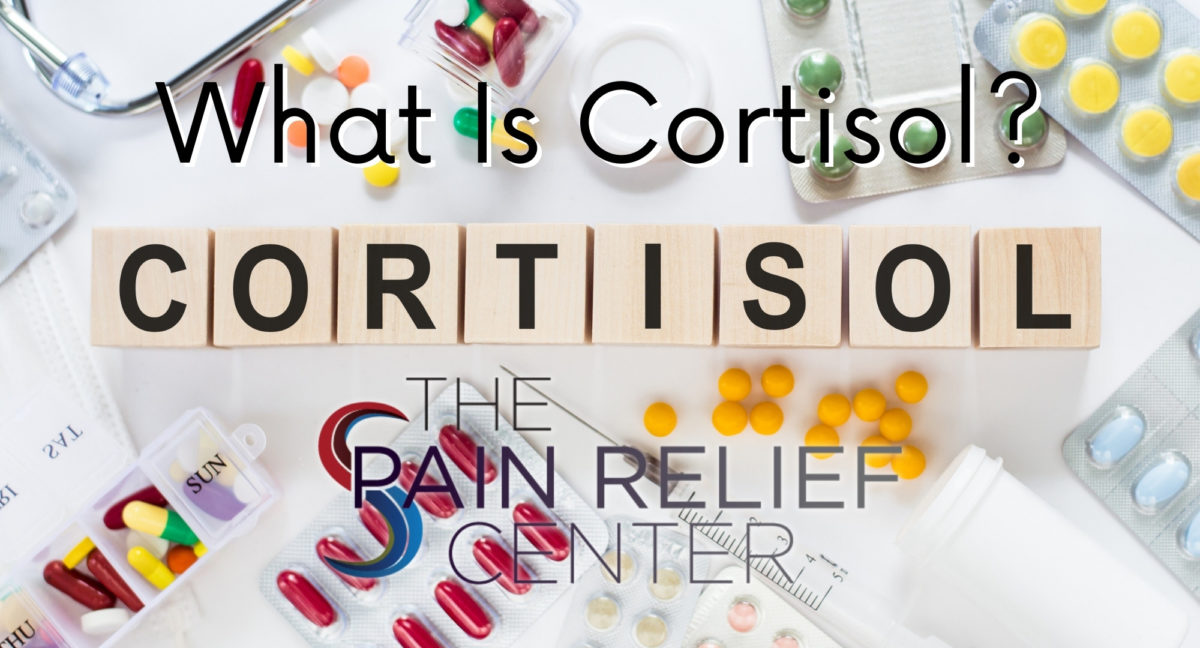What Is Cortisol?
Cortisol is a steroid hormone produced by the adrenal glands of the body. It belongs to a group of glucocorticoid hormones which are mostly involved in the metabolism of carbohydrates and fat proteins, as other activities such as inhibition of inflammatory reactions. It plays an important role in bone growth, regulation of blood pressure and cardiovascular function, immune system function, metabolism of fats, carbohydrates, proteins and stress response. Too much or too little cortisol in the body can cause a number of problems including weight gain, excessive fatigue, changes in mood, depression, infertility and impairment in cognitive function.
Cortisol is produced from cholesterol in the adrenal glands located on top of each kidney. It is normally released in response to certain events and circumstances, such as waking up in the morning, exercising and stress. Cortisol levels are typically at higher levels in the morning and at its lowest level at night.
Cortisol is most commonly known as the stress hormone due to its involvement in the body’s fight-or-flight response to stress. When you experience stress, your body enacts a response process to deal with the stress, which we commonly refer to as fight-or-flight. When your brain recognizes a stressor or threat, it sends a signal to the hypothalamus which releases CRH, corticotropin-releasing hormone. CRH enacts the pituitary gland to release adrenocorticotropic hormone (ACTH), which triggers the adrenal glands to produce and secrete cortisol. Cortisol then prepares the body for a fight-or-flight response by flooding it with glucose to supply immediate energy to the large muscles. It inhibits insulin production to prevent glucose from being stored. Cortisol narrows the arteries, forcing blood to pump harder and faster. After you deal with the stressor or threat, your body relaxes and cortisol levels return to normal.
Cortisol plays an important and helpful role in dealing with stress, but continuous exposure to stress can lead to higher, prolonged levels of cortisol in the bloodstream. This prolonged exposure can lead to negative effects on the body such as suppressed thyroid function, high blood sugar, lower immunity and inflammatory responses and decrease in muscle tissue. Studies have also shown that increased levels in cortisol due to chronic high stress levels can lead to short-term memory loss in older adults.
How Does Cortisol Affect the Perception of Pain?
Cortisol is a steroid hormone produced by the adrenal gland that is released during stressful situations. For that reason, cortisol is often termed “the stress hormone.” Studies have shown that high levels of stress, meaning higher than normal levels of cortisol, are correlated to the perception of pain and the pain thresholds in humans.
During a situation that causes high anxiety, cortisol levels have been found to increase and testosterone levels have been found to decrease. When cortisol increased, study subjects reported a higher perception of pain than before the stressful situation when their cortisol and testosterone levels were normal. Subjects also had lowered pain thresholds, meaning that if an objective tool was used to inflict pain, subjects perceived the same amount of pain earlier than they would under non-stressful conditions.
Many people live in stressful environments, and some of them believe that they thrive on stress. However, high cortisol levels will affect your perception and tolerance of pain, as well as increasing the possibilities of other health problems like diabetes and heart disease. Because these people have cortisol pushed through their bodies throughout the day, they will suffer from tense muscles in the back and shoulders, which can cause pain, poor sleeping habits and higher blood pressure. Reducing that stress is imperative to a healthy lifestyle.
Because there is a positive correlation between cortisol levels and the perception of pain, and a negative correlation between cortisol levels and pain threshold, decreasing everyday stresses can help people to better manage any chronic pain they may have. Relaxation techniques like yoga, hypnosis, meditation, etc. help people to regulate their stress levels. As cortisol levels can be managed by decreasing stress, pain perception is lessened and a higher pain threshold is possible.
What Are Other Stress Hormones Besides Cortisol?
Stress hormones affect how your body handles situations that increase your anxiety levels. The fight-or-flight response is a physical change that your body goes through when stress hormones are released, thanks to your sympathetic nervous system. Evolution has trained your mind to prepare your body for survival during stressful situations.
The most commonly associated stress hormones are adrenaline, norepinephrine and cortisol. While adrenaline and norepinephrine are fast acting and have intense effects, cortisol is released throughout the day according to your circadian rhythm. Testosterone and Estrogen are also hormones that affect stress levels and the body’s reactions to stress.
Adrenaline, also known as epinephrine, is a fast acting hormone and neurotransmitter produced by the adrenal glands. If you have ever felt the sudden rush of energy and alertness that are accompanied by heavy breathing and a quickly beating heart, then you know adrenaline. This hormone is released to help you prepare to escape from a possibly dangerous situation or to defend yourself against a predator.
Norepinephrine is another fast acting hormone and neurotransmitter that is also released by the adrenal glands, as well as the brain. Interestingly, this hormone affects your body very similarly to the way that adrenaline affects the body. This redundancy is to make sure that in case your adrenal glands are not functioning properly, you will still be prepared to defend yourself or flee. Norepinephrine helps to circulate the blood away from less vital organs and to important areas of the body.
Higher levels of estrogen have been found to increase sensitivity to stress related mental illness. Testosterone is also related to stress. Low levels of testosterone often correlate with stressful situations where a test subject has elevated levels of cortisol. However, estrogen and testosterone are not the same sort of stress hormones as adrenaline, norepinephrine and cortisol.


